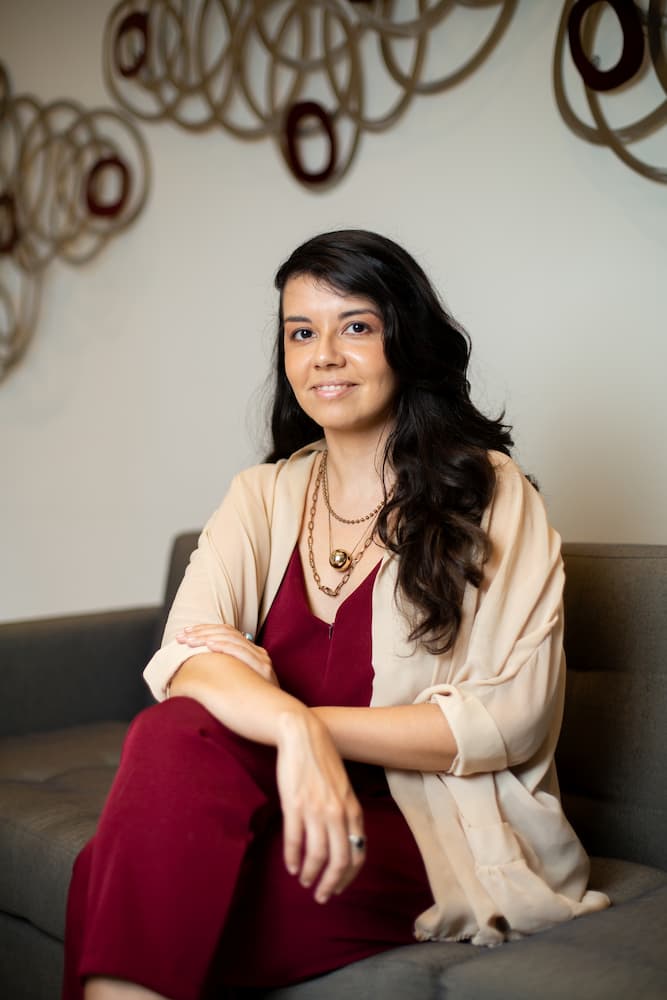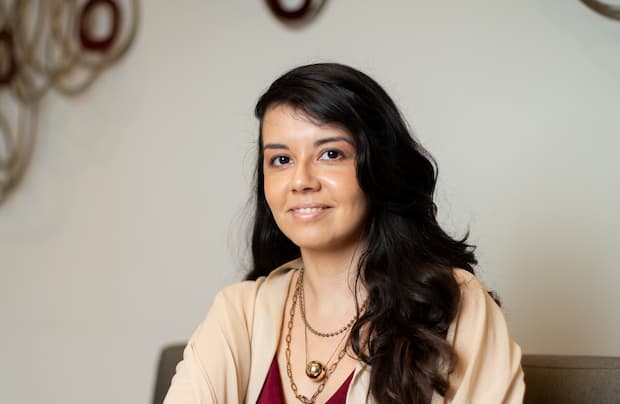Communicating effectively helps artists raise public funding and get ideas off the ground to transform people through dialogue
Article byRafaela Tavares Kawasaki*
When cultural agents prepare applications for funding notices, it is natural for them to focus on the project proposal, research languages and what they want to express with their art.
be in theater, dance, visual arts, cinema, music, literature, comics, audience formation or other cultural manifestations, it is necessary to seek funding to get ideas off paper. And a fundamental tool throughout the process is to have a well-structured communication plan executed by teams and professionals who are experts in the subject..
Taking into account how the cultural project will be disseminated becomes even more important in view of the promising outlook for encouraging culture planned for the coming months.
To begin, the resources destined to the Paulo Gustavo law will be released from this year: BRL will be transferred 3,8 billions in funds for states and municipalities with the objective of strengthening the sector, especially in the audiovisual area. Already the Aldir Blanc Act 2 will allocate R$ 3 billion per year up to 2028 for the artistic creative economy of the country.
Cultural funding laws like these, combined with tax benefit programs and sponsorship notices, are often one of the few ways for Brazilian artists to make new projects viable., especially for those who work independently.
Other countries work the same way: powers like France, Germany, Sweden, South Korea, Canada, China and the United States promote their artistic sector through incentives and investments.
As an artistic class or even as citizens aware of the importance of art for the formation of an audience, we need to monitor whether these amounts will be allocated correctly, that is, the effective promotion of production and access to culture in Brazil.
On the other hand, when public notices are opened and executed, we need to ensure that the approved initiatives will reach the public for which they are proposed, and communication plays a key role in reaching viewers, readers, listeners, visitors and even to prove that the budget reached its target.
WHY COMMUNICATE?
From effective press relations and digital marketing strategies, it is possible to study the behavior of the spectator and define where he lives, what kind of media does it consume, how to inform. Not knowing how to “talk” to this audience, it is impossible to sensitize him, attract you and show why or how the cultural project makes a difference in your life.
Have a communication plan that focuses on audience attendance for a play, concert or show, or even for the launch of a book or the impact of a workshop, it works as a factor to prove its viability in the evaluation of the proposal.
In the post-approval phase, having professionals who effectively carry out this communication plan helps the cultural project fulfill its reason for existing – which is to reach those whom artists or groups wish to charm and transform with their art. After all, there is no access, circulation or democratization of culture without an audience. And an artistic work generates reflections, discoveries, stimuli to the senses.
In addition, the hiring of professionals or companies moves the national economies, state and municipal. It is proof that a given project also impacts the community in this sense of professionalization.
Sign up to receive Event News
and the Universe of Arts first!
HOW CULTURE IS STRENGTHENED?
A well-structured communication also values and gives credibility to the artist and his differentials. It is an important strengthening for the cultural sector, a segment that was so weakened by the pandemic period and that faces challenges to attract public, occupy physical or virtual spaces, receive incentives and, and often, even for the subsistence of his artistic activities.
Being featured in the media also enriches the portfolio of those who undertake in culture. Articles in newspapers or portals, television or radio interviews, publications on social networks serve as social proof of artistic activity and the relevance of projects already carried out by a proponent. These achievements mean greater chances of approval in future public notices and certify that the initiative was carried out successfully.
Recognition through communication contributes to the development and stimulation of a class of entrepreneurs and cultural professionals formed by more than 60 thousand Brazilians with formal activity, according to the Mapping of the Creative Industry carried out by the Federation of Industries of the State of Rio de Janeiro (Firjan).
Not to mention the countless independent artists without formalization and who need even more evidence and appreciation for their work.. It is an essential instrument for the professionalization of this class., who still struggles to live off his creation.
*Rafaela Kawasaki Tavares is a writer, journalist and social media specialist at Smartcom.
About Smartcom: Communication agency based in Curitiba, Smartcom offers management and content services for social networks, international press office, design, endomarketing and internal and external positioning audit.
With arms in Germany, Argentina and in the interior of Paraná, in addition to qualified communication professionals, ensures the connection between the points involved in the Business to Business segment, involving newsletters, internal and external institutional magazines, informative, as well as individual relationship actions with digital and media influencers.
The client portfolio is made up of companies in the Technology sector, Environment, Health, Culture, Third sector, food, Automotive, Commerce and Industry and Law.


